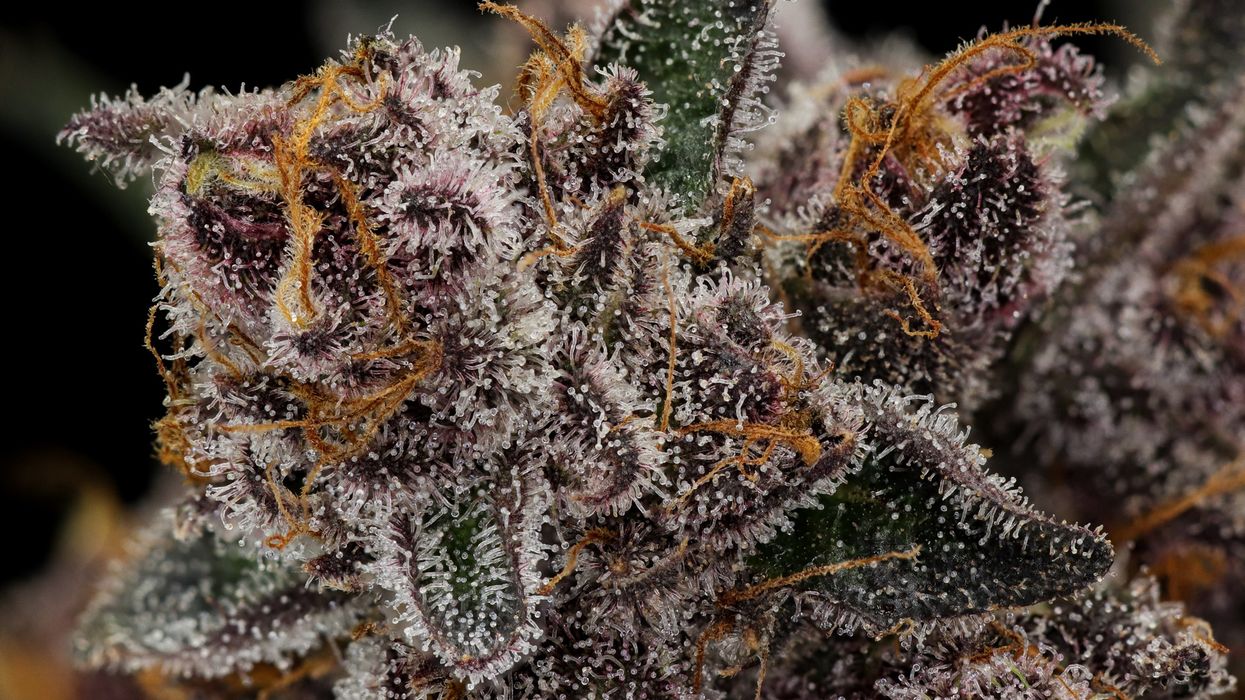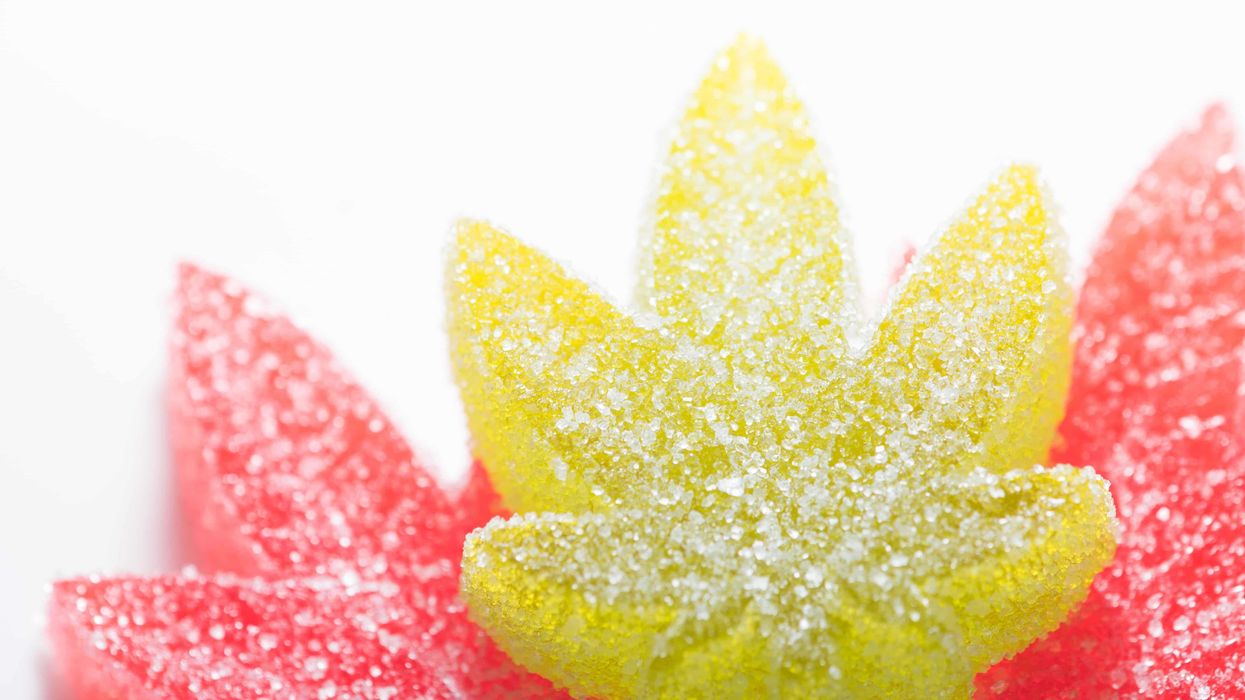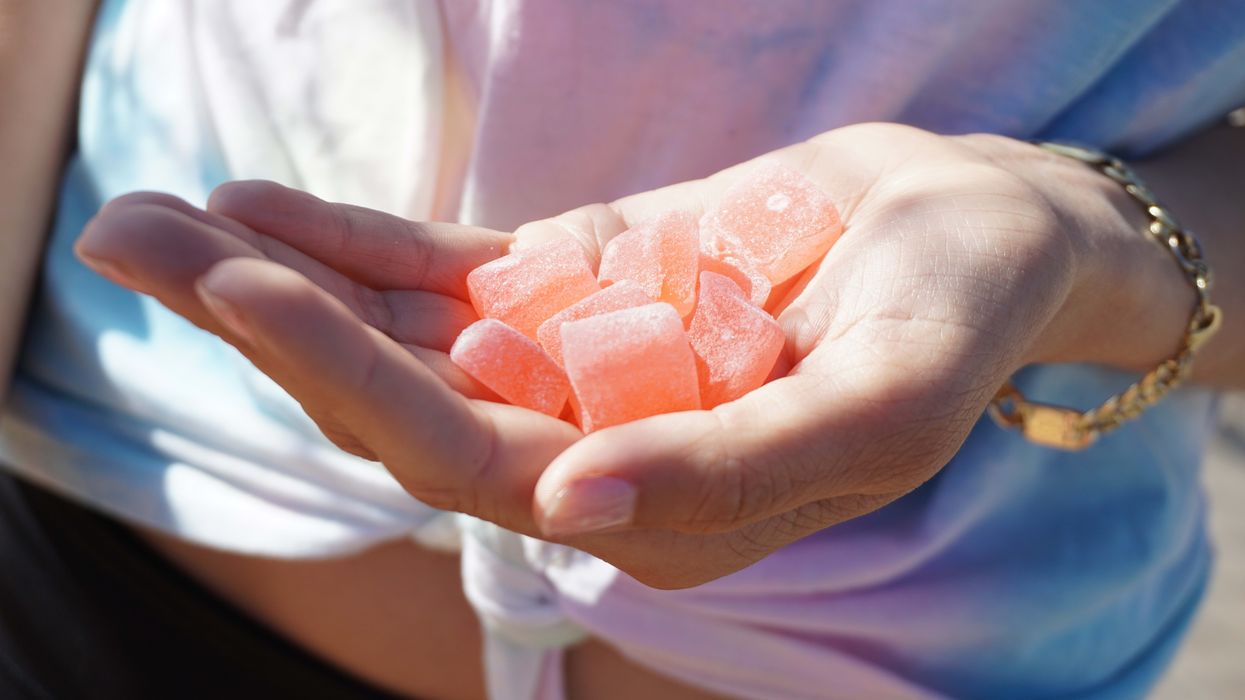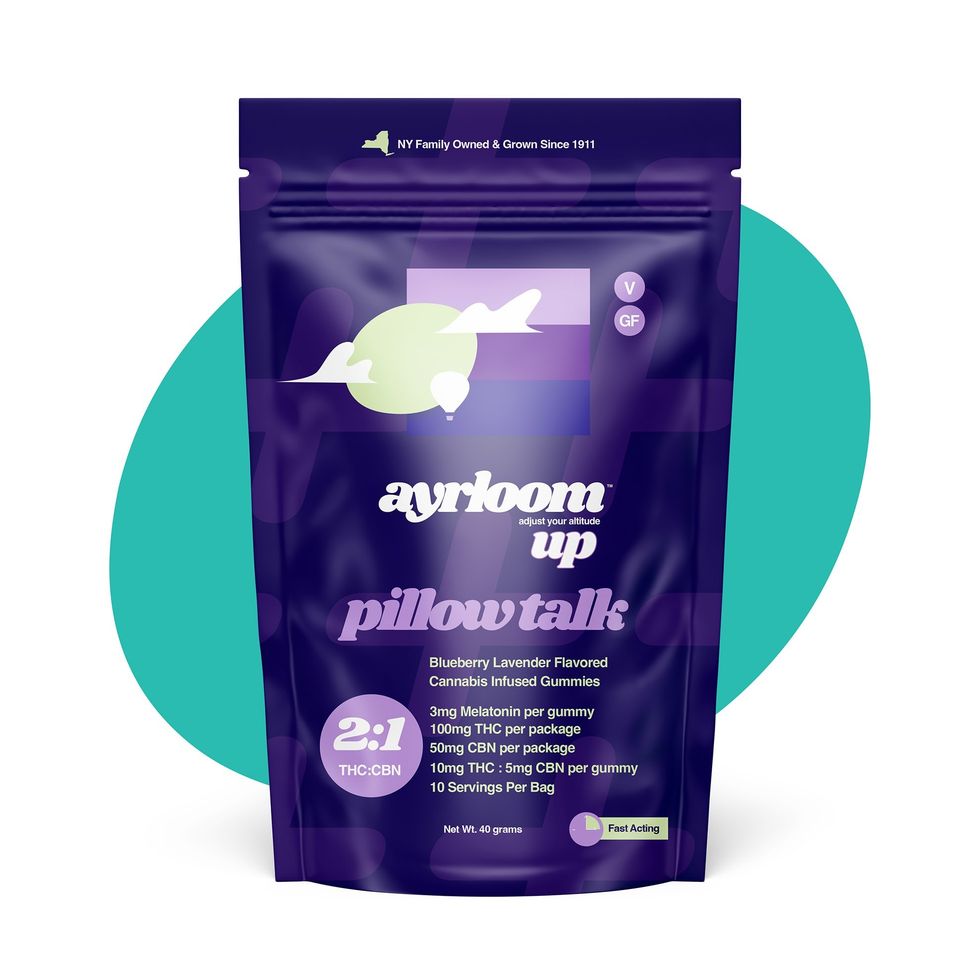There are a lot of tired old stereotypes about cannabis still floating around in the ether, and while some of them are ridiculous (like stoners are automatically lazy and unmotivated), some are actually based on truth – like the undeniable fact that weed seems to make everything so much funnier.
If you’ve consumed cannabis in your lifetime, chances are you’ve experienced a weed-induced uncontrollable fit of laughter. But why?
There’s still a lot to be discovered and learned about cannabis, how it affects our bodies, and the extent of its potential benefits, but based on experience, anecdotal evidence, and limited available research, we have a pretty good idea as to why weed and giggles tend to go hand in hand.
What Causes Laughter to Begin With?
Before we get into the nuances of how ganja and guffawing tend to relate, let’s talk about how laughter works in humans without the influence of cannabis.
Just as there is limited research available on cannabis and its effects and potential benefits, most scientists will admit that it’s difficult to pinpoint exactly why humans laugh.
Laughter involves multiple areas of the brain that govern things like motor function, memory, language, logic, and auditory interpretation, so to attempt to isolate one of these as the main cause of laughter is next to impossible.
That being said, we as humans can learn more about our affinity for laughter by studying ourselves socially. A person’s sense of humor (or lack thereof) is a byproduct of a few different sociological elements, like: culture, upbringing, linguistic style, environment, and more.
While there is still much to be learned about laughter and what causes it, MRI scans have shown that humor is primarily processed in the frontal and temporal lobes of the cerebral cortex – which starts to make a lot of sense when you think in terms of cannabis.
How Does Cannabis Seem to Make Consumers More Likely to Laugh?
There is definitely still a major lack in available research on cannabis, which continues to hold back the progress of the industry and general social acceptance of the plant.
Because of this, it’s difficult to pinpoint exactly why cannabis causes consumers to laugh more freely and easily. However, we can draw a few conclusions based on available research – and centuries of global sociological experience:
- Cannabis is a recognized mood booster. One of the biggest potential benefits of cannabis is that it tends to work as a mood booster, which is great for any consumer suffering from depression, anxiety, or general stress.
Of course, this finding makes it easier to understand why consumers tend to smile and/or laugh more frequently when under the influence of cannabis.
In fact, take cannabis out of the equation for a moment and just focus on the anti-depressive effect many consumers experience: researchers have noted that the brains of depressed subjects experience decreased activity in the areas of the brain associated with laughter.
So if we know cannabis tends to soothe depression in suffering patients, we can deduce that it might have a similarly-positive effect on laughter and the brain.
- Cannabis stimulates the area of our brains most commonly associated with laughter. As we mentioned earlier, laughter involves multiple areas of the brain, but it is most commonly-traced to the right frontal and left temporal lobes.
Coincidentally, researchers have discovered that cannabis tends to stimulate blood flow to these exact areas of the brain. Again, more research begs to be done on the subject, but many experts believe this “overactivity” in the right frontal and left temporal lobes explains why cannabis tends to make consumers laugh so much – and so hard.
- Cannabis lowers your inhibitions and allows you to be more relaxed and accepting of your environment. Have you ever met a stoner who wasn’t smiling? Cannabis has long been associated with relaxation, community, and generally chill vibes.
This isn’t purely anecdotal – cannabis is known for treating anxiety, soothing insomnia, and inviting relaxation and calm in its consumers. And while this doesn’t directly relate to laughter, most people will agree that they’re more likely to crack a smile when they’re already at ease.
- Cannabis is typically consumed socially. More and more consumers are utilizing the plant to treat specific ailments, like insomnia, anxiety, depression, or chronic pain. However, the plant has centuries of social history behind it, and is still most commonly consumed in community-based environments.
Consuming cannabis is a ritualistic affair that is amplified when others are around to share it with you. And just as consumption tends to be more enjoyable with friends, so does experience.
We’re less likely to crack up at something when we’re by ourselves, but sharing a hilarious moment with a close friend is the perfect fodder for a hearty chuckle. Throw cannabis in the mix, and your sides will probably be splitting by the end of the evening.
Need a little more Bluntness in your life? Subscribe for our newsletter to stay in the loop.







 11 Signs You've Greened Out and How to Handle It - The Bluntness
Photo by
11 Signs You've Greened Out and How to Handle It - The Bluntness
Photo by  11 Signs You've Greened Out and How to Handle It - The Bluntness
Photo by
11 Signs You've Greened Out and How to Handle It - The Bluntness
Photo by 






 The Truth About THC Candle: Cannabis Candles & How to Make Your Own - The Bluntness
Photo by
The Truth About THC Candle: Cannabis Candles & How to Make Your Own - The Bluntness
Photo by 

 Ayrloom Orchard Sunrise Cannabis Infused Gummies
Ayrloom Orchard Sunrise Cannabis Infused Gummies Ayrloom Island Time THC Gummies - Pineapple Mango Flavor
Ayrloom Island Time THC Gummies - Pineapple Mango Flavor Ayrloom Pillow Talk - Sleep Gummies
Ayrloom Pillow Talk - Sleep Gummies 
 What will you do with that cannabis kief collection? - Make Coffee! The Bluntness
What will you do with that cannabis kief collection? - Make Coffee! The Bluntness DIY: How to Make Kief Coffee - The Bluntness
Photo by
DIY: How to Make Kief Coffee - The Bluntness
Photo by